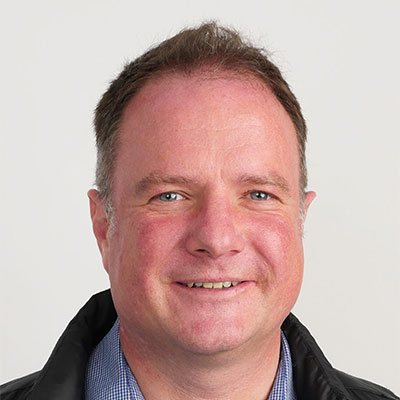How did your involvement with the ‘Life Story’ Prom first come about?
In 2011 the producer of Life Story, Rupert Barrington, asked if I would be interested in working for BBC Earth. I’d always loved all the wildlife programmes that the BBC had made ever since I was a kid. On my bookshelf I still have a Life on Earth book from 1979 that I won as a school prize. The series took three years to make and it was aired in 2014.
The series features episodes with titles that reflect the dramatic scenarios, including 'Parenthood', 'First Steps' and 'Courtship'. How do you approach that from a composing point of view?
That’s really interesting because people remark that the music is very different to past wildlife programmes. I approach writing all music in a way that makes it dramatic music. Life Story is a scientific programme but it’s also entertaining and people feel deep emotions when they’re watching. I was able to tap into those emotions for myself.
How did the composing process work?
I said I was happy to receive bits of film as soon as they were ready to be used, before they were properly edited with no voiceover on them. I’d get these emails and there would be a film connected in quite raw form. There would be a whole email, just telling the story. For example, it would describe a pair of young tigers who are daughters of a female whose partner has been defeated and killed. She is now with another male who is going to end up killing his new partner’s two daughters (by the other male) out of jealousy and anger. Right there you’ve got the story of an opera. It’s really easy to write music for that kind of story because of the powerful undercurrents of emotion behind it.
Are there any animals that you particularly enjoyed composing for?
They all became like my best friends. I half expected to meet some of them at the wrap party of the series. I thought that maybe the pufferfish would be there in a little tank being introduced to the public. I also thought the elephants were amazing. This was the very last sequence of the series and the way they lingered over the dead bones of their relatives was so amazing and brilliant to make music for. It affected me in a deep philosophical way. It’s the idea that they might go through a rite and ritual similar to us, in the way that they honour their ancestors.
You are famous for Doctor Who. Are there any similarities in your composing for Life Story?
They both have an operatic quality with strong stories and strong truths underpinning them and that’s the only way you can make good television. They also both have a sense of a dynastic conflict. I think the thing which the producer found attractive from all the things I’d done before was that each time I had brought out the emotional side of the TV show, the undercurrent. I’d gone straight to the heart of what it was about. With Life Story it was almost like they were exploring what had previously been a no-go area in serious wildlife shows, which is to put more emphasis on individuals rather than having the normal scientific focus on a species. The pufferfish almost felt like the central character of an opera. So, in a way the similarities are there because Life Story made itself more like drama than any other BBC Earth show before it.
The 'Life Story' Prom will be taking place at the Royal Albert Hall on 30 August with live coverage on Radio 3. The Prom will be narrated by Sir David Attenborough and will feature excerpts from the original score, performed by the BBC Concert Orchestra conducted by Jeremy Holland-Smith.
